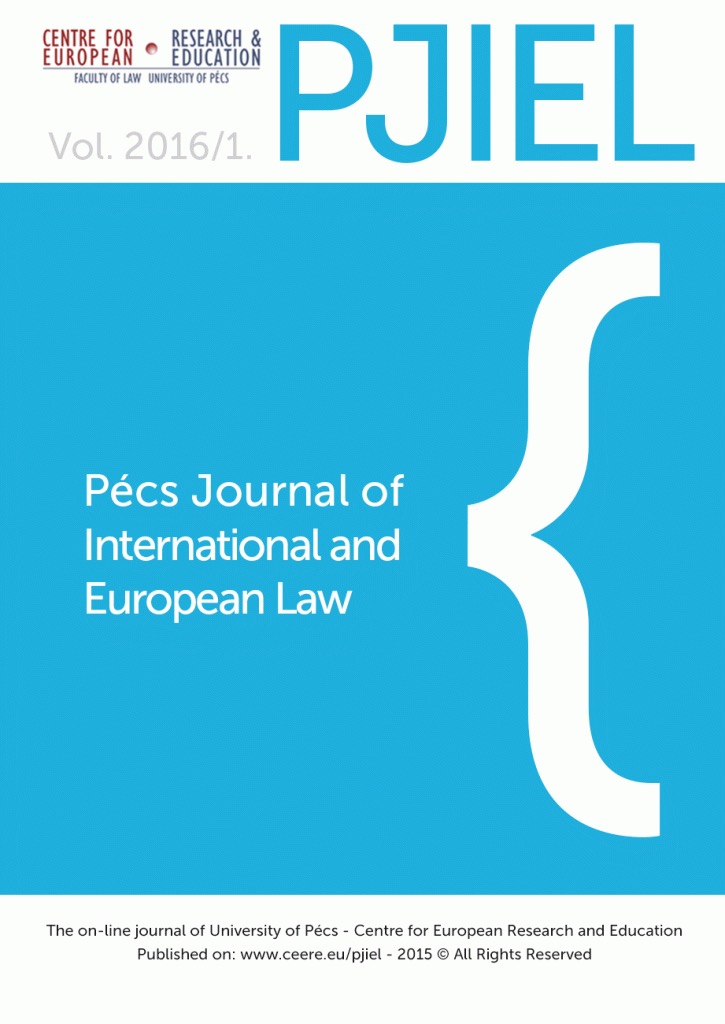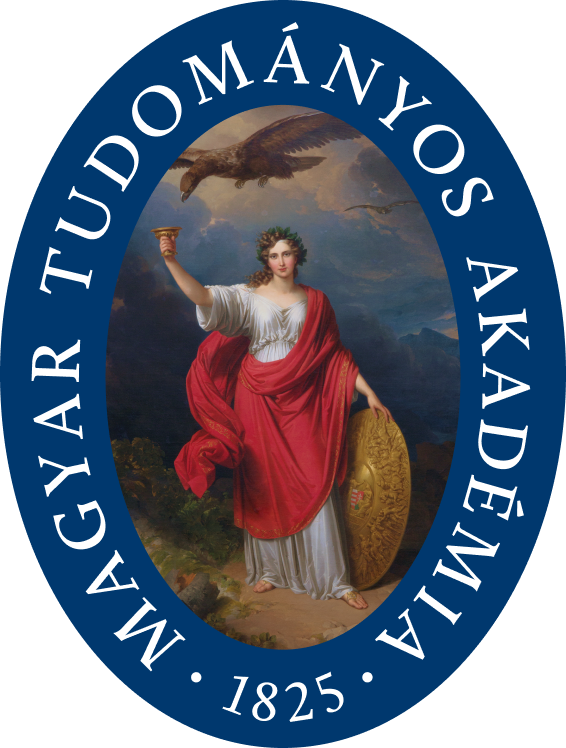Modus Operandi of Organised Crime Groups Involved in the Trafficking and Sexual Exploitation of Hungarian Women – A Case Study on the Hungary-Netherlands Transit
Keywords:
Organised Crime, Human Trafficking, Sexual Exploitation, Ethnographic Research, Roma Minorities, Prostitution CarrouselAbstract
Human trafficking, especially with the aim of sexual exploitation of women, has been at the centre of political debate for decades now. This has resulted in new legislation and approaches and perspectives on how to react to this type of transnational organised crime, out of a European as well as from a national level. Exact numbers of victimisation are unclear but on the basis of the Dutch data an annually top five representation of native Hungarian speaking women, out of both Hungary and Romania who have fallen victim to human trafficking and sexual exploitation, can be recognized. Beside these numbers, little is known on the circumstances surrounding the trafficking and sexual exploitation of these women. Most research, due to a too small or biased sample, is commonly not representative. This research sought to fill this void in such a way that the known scientific pitfalls surrounding research on the topic of the sexual exploitation of women were being avoided. The data gathered was analysed and partly confirmed other primary and secondary data on the modus operandi applied in the Netherlands by transnational operating organised crime groups. Next to this it also provided insight on the start of the exploitation of the women, the methods used and trafficking routes followed by organised crime network structures and it provided in-depth background information on the women and the situation they found themselves in.
Downloads
Downloads
Published
How to Cite
Issue
Section
License

This work is licensed under a Creative Commons Attribution-NonCommercial-ShareAlike 4.0 International License.





